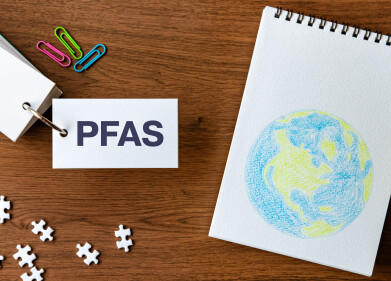-
 Up-regulation of the oncogene Rab33B is detected in ischemic brain tissue using LC-MS
Up-regulation of the oncogene Rab33B is detected in ischemic brain tissue using LC-MS
HPLC, UHPLC
LC-MS identifies oncogene Rab33B in ischemic brain tissue
Nov 26 2010
Ischemia occurs when oxygen is unable to reach the tissue in the brain and is the most common cause of stroke.
Typically, it is caused by the blockage of a vessel elsewhere in the body, unlike haemorrhagic stroke which occurs when weakened vessels within the brain itself bleed into the tissue.
A study published in Experimental & Translational Stroke Medicine reports the findings of LC-MS research into the after-effects of ischemic attack.
Specifically, the scientists focused on levels of Rab33B, a known oncogene which, if expressed to a significantly high degree, can be associated with the formation of tumours.
They found a time-dependent link between ischemia in the brain and the number of cells found to be positive for content of Rab33B, with a general up-regulation of the oncogene throughout the ischemic striatum.
Events
Mar 18 2025 Beijing, China
Mar 25 2025 Paris, France
Mar 31 2025 Beijing, China
Apr 02 2025 Saigon, Vietnam
Apr 22 2025 Kintex, South Korea














